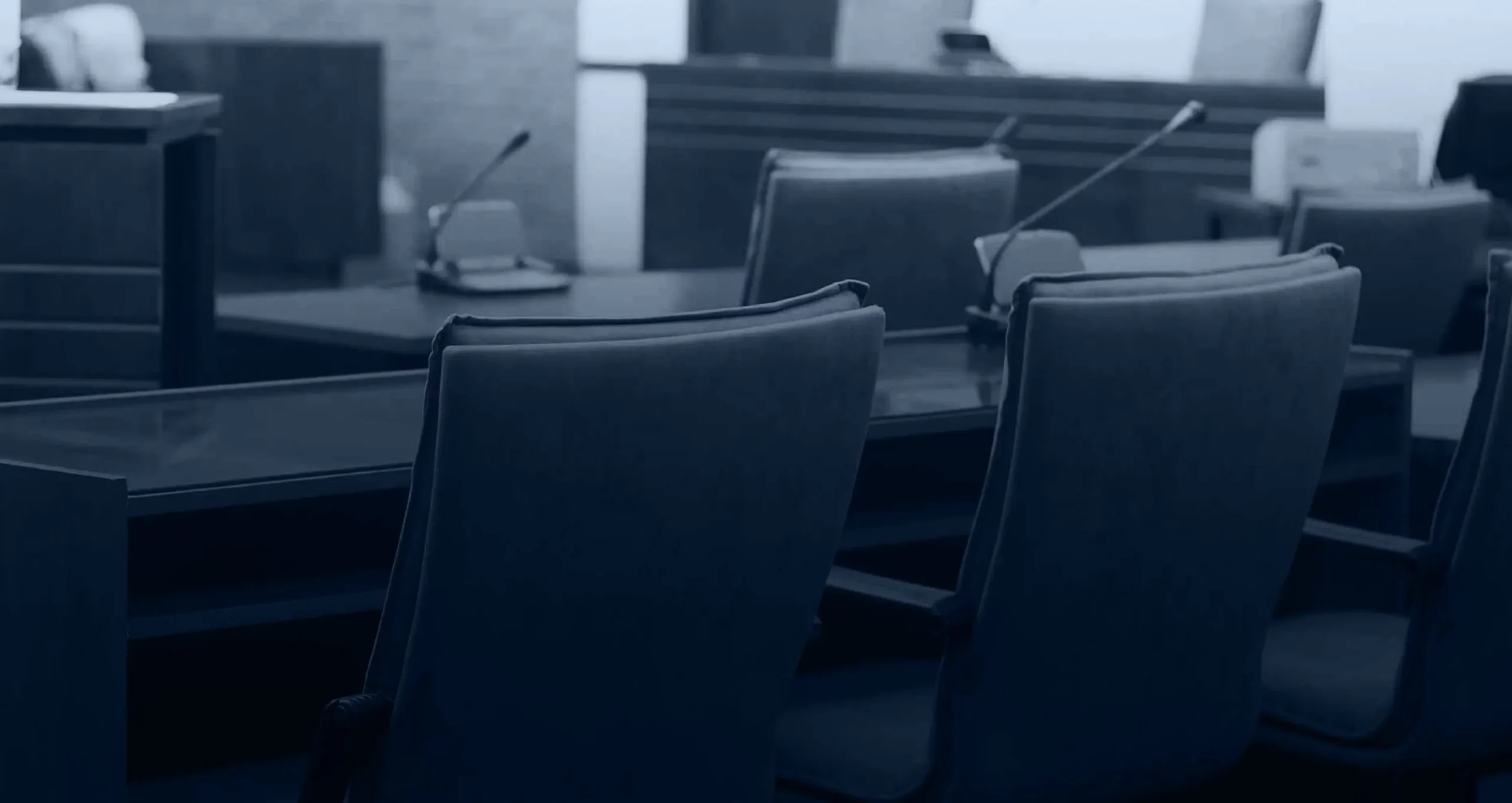
What happens when you disagree with the outcome of a personal injury trial? Depending on the reasons for your disappointment, other than losing your case, you might be able to appeal the decision. Appealing the verdict in a personal injury case can be complicated. Your injury lawyer will discuss whether you have solid grounds for filing an appeal.
Here’s more about what you need to know about appealing a personal injury case.
What Does Appeal Mean in a Personal Injury Case?

The definition of appeal is a challenge to a court’s legal decision. When you file a personal injury lawsuit, the case goes through several steps, including discovery and pre-trial motions, before the case is scheduled for trial. At trial, both sides present their evidence and arguments to the jury. The jury decides the facts of the case to determine if the defendant caused the plaintiff’s injuries.
If the jury decides in favor of the plaintiff, they award damages in an amount they believe fairly compensates the plaintiff for their injuries and losses. A jury award may include economic, non-economic, and/or punitive damages. If the jury does not believe the plaintiff proved their case, they rule in favor of the defendant.
Who Can File an Appeal?
Either party can appeal the court’s final order if they disagree with the outcome. An appeal is a request for a higher court to review the evidence in your case. The appellate court considers the evidence in your case and reviews the outcome to determine if a mistake or error was made. If so, the appellate court may reverse the decision made during the jury trial.
Should I File an Appeal in My Illinois Personal Injury Case?
Filing an appeal is a complex process. There are many things to consider. First, you need grounds to file an appeal. An appeal is not a chance to retry the case. You do not get to introduce new evidence. The appellate court reviews the case as it was presented.
Therefore, your appeal is based on legal grounds such as:
- The trial court did not allow evidence that should have been presented to the jury
- The judge did not instruct the jury correctly on the applicable law
- There was jury misconduct, such as discussing the case outside of the jury room
- There were unfair rulings in court, such as a judge decreasing the jury’s decision about damages without a legal reason
- The judge did not allow a witness to testify
- The court misapplied the law during the trial or pre-trial motions
Appeals must be based on legal or procedural errors, jury misconduct, and miscarriages of justice. Being dissatisfied with the trial’s outcome is not sufficient grounds for an appeal without other grounds.
You must also consider the cost and time required to file an appeal. Depending on why you want to appeal a personal injury case, it might not be worth the time and money involved in filing the appeal. Your attorney will discuss the pros and cons of appealing a court verdict.
What Are the Steps in the Appeals Process in Illinois for a Personal Injury Case?
Personal injury trials are held in circuit courts. The Illinois Supreme Court Rules establish the process for appealing circuit court decisions. The basic steps in a personal injury appeal include:
- Filing a Notice of Appeal with the Clerk of the Circuit Court. The Notice of Appeal tells the court and the other parties that you are requesting the case be sent to a higher court for review.
- Generally, the Notice of Appeal must be filed within 30 days of the court’s final order.
- Filing a docketing statement telling the court what the case is about.
- Request the Record on Appeal, which is a copy of the records from the trial. The trial record includes all documents filed in the case, trial exhibits, and evidence.
- The parties prepare and file briefs. Most appeals do not involve oral arguments. The appellate court reviews the trial records and the briefs filed by the parties.
It may take several months after the final briefs are filed for the court to consider and rule on your appeal. In some instances, the appellate court may ask for oral arguments.
What if the Appellate Court Agrees With the Trial Court?
The appellate court may agree with the trial verdict. If so, nothing changes. The appellate court could reverse the decision or remand the case to the trial court for a new trial. If a party disagrees with the appellate court’s decision, they can file a Petition for Rehearing or ask the Illinois Supreme Court to hear the case.
Talk With a Chicago Personal Injury Lawyer
Most personal injury claims are resolved through negotiations with the at-fault party’s insurance provider. However, some cases do proceed to trial. It’s important to build each case as if it may go to court, with a focus on strategy and thorough preparation. An attorney can help pursue your claim, advocate for your interests, and navigate the legal process.
For help, contact Zayed Law Offices Personal Injury Attorneys today at (312) 726-1616 to schedule a free consultation with a Chicago personal injury lawyer.












